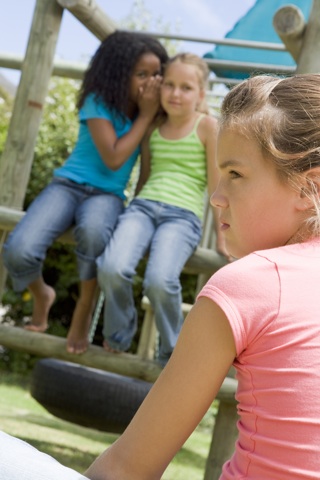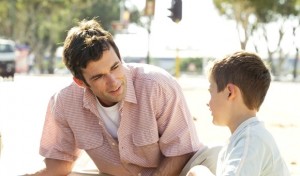If telling everyone how great we are, or putting others down does not show confidence how can we show confidence? How do we make ourselves feel confident without making someone else feel worse?
We show our confidence by our body language, standing tall, looking at the other person in the eyes, speaking with a clear voice, expressing our needs in a clear manner with a tone that tells others that we believe in our statements.
We show our confidence by our stepping up with courage when a situation needs to be made right. We are not afraid of what others might think. We have morals, values and ethics that we are willing to stand for.
 From another point of view we show confidence by our willingness to ‘build others up’. A confident person is not afraid to give sincere compliments to others or to express appreciation for what they have done or what they do. Helping others feel good about themselves, and helping others feel good about another person, demonstrates a lack of fear, that someone may appear “better than” ourselves.
From another point of view we show confidence by our willingness to ‘build others up’. A confident person is not afraid to give sincere compliments to others or to express appreciation for what they have done or what they do. Helping others feel good about themselves, and helping others feel good about another person, demonstrates a lack of fear, that someone may appear “better than” ourselves.
I especially like this point. One of the things we teach at Balanced Life Skills is that the strongest leaders are ones who are willing to submit themselves to others by asking, “How can I help you?”. Our willingness to help others improve themselves, to prove themselves, and to feel good about themselves is a demonstration of our own self-confidence.





